How to Score Good Marks in Quantitative Aptitude

Are you someone who struggles with scoring good marks in quantitative aptitude? Do you feel intimidated by numbers and equations? Well, you are not alone. Many students find it challenging to crack the Quantitative Aptitude section of competitive exams. However, with the right approach and practice, anyone can excel in this subject.
In this blog post, we will share some valuable tips on how to score good marks in Quantitative Aptitude.
How to Score Good Marks in Quantitative Aptitude
The following are the ways to score good marks in Quantitative Aptitude:
1. Master The Basics
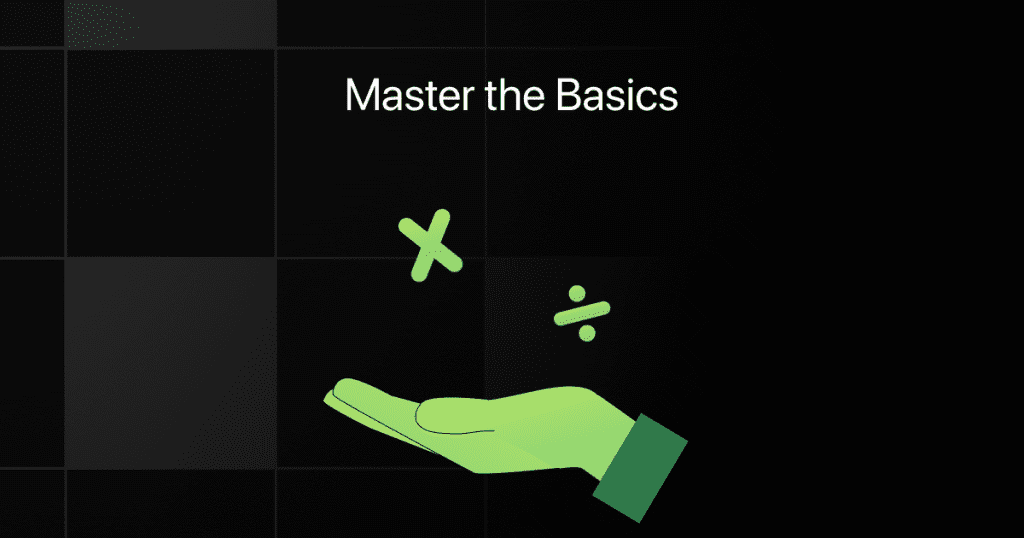
To score well in quantitative aptitude, it is crucial to have a strong foundation in the basics of mathematics. This includes understanding fundamental concepts, formulas, and arithmetic operations.
Here are some examples of topics that you should be comfortable with before moving on to more complex problems:
- Number System
- Arithmetic Operations
- Percentage and Ratio
- Geometry
2. Utilize Study Materials
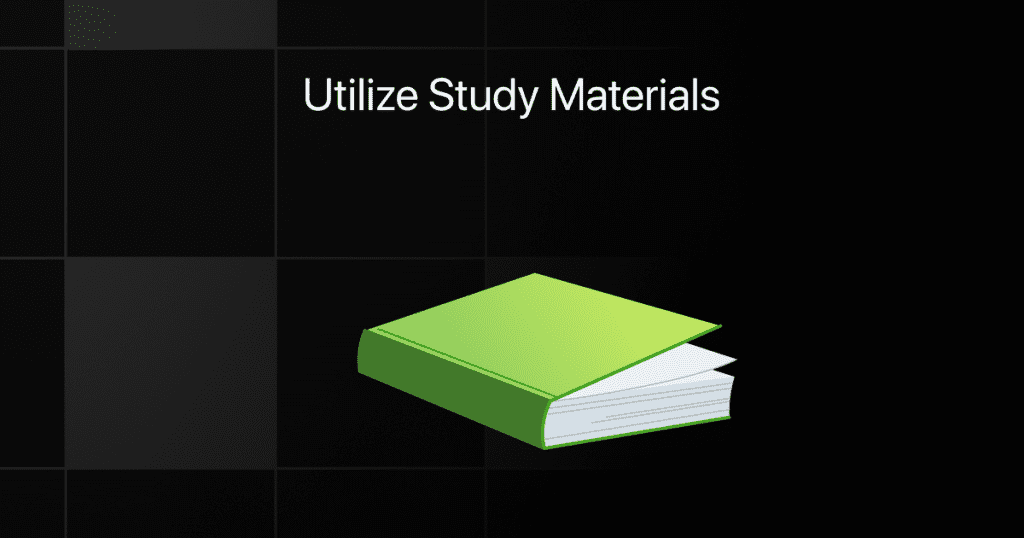
One of the keys to success in quantitative aptitude is having access to quality study materials. There are many resources available that can help you improve your understanding of mathematical concepts and enhance your problem-solving skills.
Here are some examples of study materials you can use to improve your score:
- Textbooks
- Online Courses
- Video Tutorials
- Mock Tests
- Previous Year Papers
3. Use Visualization Techniques

Visualization techniques are powerful tools that can help improve your performance in quantitative aptitude. By creating mental images of mathematical concepts and problems, you can develop a deeper understanding of the material and more easily recall it during exams.
One technique is to use diagrams or sketches to represent problems visually. This is particularly useful for geometry and trigonometry questions, where visualizing shapes and angles can make solving problems much easier. For example, you can draw a triangle or a circle to represent a problem and label its dimensions or angles to help you solve it.
Another technique is to use mental imagery to picture concepts in your mind. For example, you can visualize the steps of a mathematical formula, such as the quadratic equation, and imagine how the variables interact with each other. This can help you remember the formula and use it more effectively during the exam.
4. Improve Speed
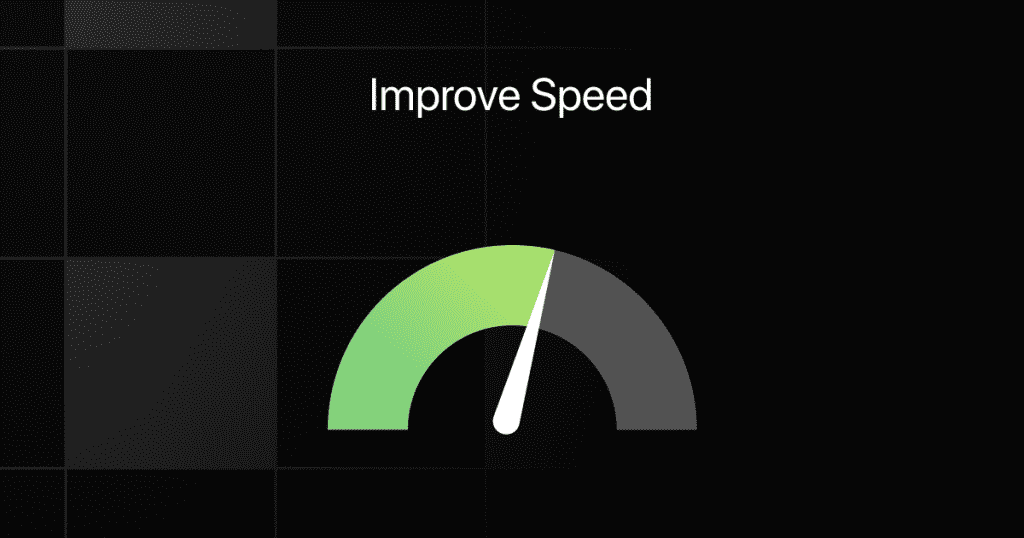
Improving your speed is an essential aspect of scoring good marks in quantitative aptitude. Solving mathematical problems quickly and accurately requires practice and a solid understanding of the concepts.
One effective way to improve your quantitative aptitude speed is to practice timed tests regularly. Timing yourself during practice tests can help you identify areas where you need to improve and can help you get used to the time pressure of the actual test.
Students can also use mental math techniques wherever possible. Instead of relying on written calculations, try to solve problems in your head by breaking them down into simpler parts. This will not only save time but also improve your mental math skills.
Familiarizing yourself with shortcuts and tricks can also help you solve problems quickly. For example, using the multiplication tables or recognizing patterns in numbers can save you time when solving complex problems.
5. Improve Accuracy
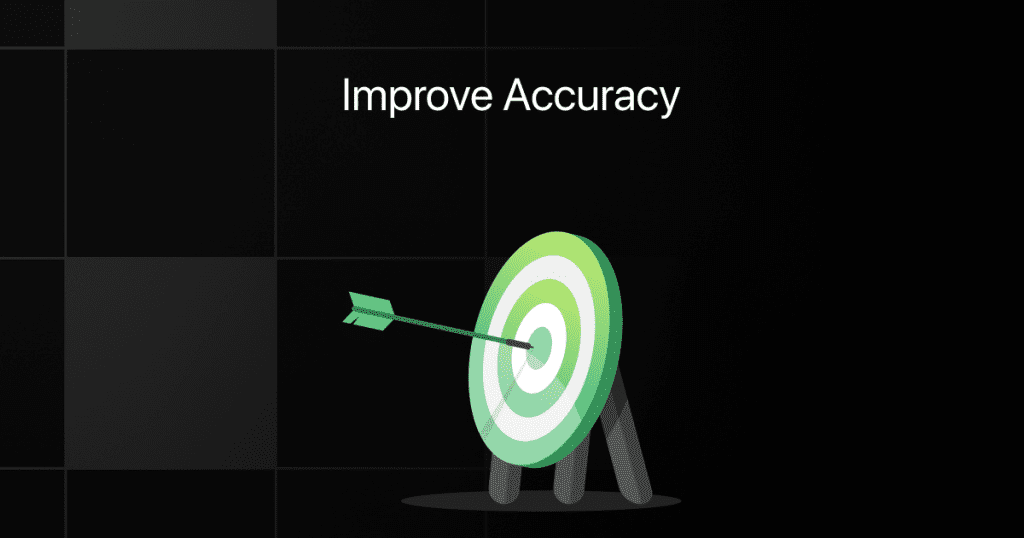
Improving your accuracy is just as important as improving your speed when it comes to scoring good marks in quantitative aptitude. Solving problems accurately ensures that you don’t lose unnecessary marks due to mistakes.
One of the best ways to improve your accuracy is to understand the concepts thoroughly. Make sure that you have a solid foundation in mathematics and understand the formulas and equations. This will help you avoid silly mistakes and errors.
Another tip to improve your accuracy is to practice regularly with different types of questions. This will help you identify common mistakes that you make and improve your problem-solving skills.
You should also read the questions carefully and avoid rushing to answer them. Ensure that you have understood the problem statement correctly and have all the information you need before attempting to solve the problem.
6. Analyze Your Mistakes

Analyzing your mistakes is an important step towards improving your performance in quantitative aptitude. It helps you identify areas where you need to improve and avoid making the same mistakes in the future.
One effective way to analyze your mistakes is to review your practice tests and identify the questions that you got wrong. Try to understand why you made the mistake and what you could have done differently to solve the problem correctly. This can help you identify any gaps in your knowledge and focus on improving those areas.
Another useful technique is to categorize your mistakes into different types, such as careless errors, calculation errors, or conceptual errors. This can help you identify patterns in your mistakes and work on specific areas that need improvement. have all the information you need before attempting to solve the problem.
7. Practice Regularly
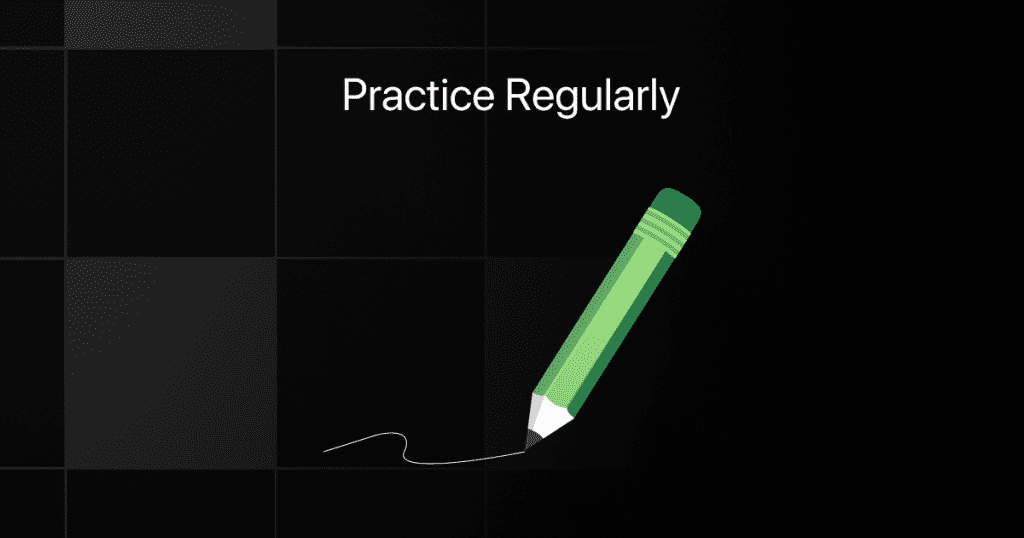
Regular practice is key to scoring good marks in quantitative aptitude. Practice not only helps you understand the concepts better but also helps you identify your weak areas and improve on them.
To practice regularly, start by setting aside a specific time each day or week to work on quantitative aptitude questions. You can also use online resources, such as practice tests and quizzes, to help you identify your strengths and weaknesses.
As you practice, make sure to analyze your mistakes and identify areas where you need to improve. Use this feedback to adjust your practice approach and focus on your weak areas.
Finally, don’t forget to track your progress. Keep a record of your scores and see how they improve over time.
Final Words
Mastering Quantitative Aptitude can be a challenging task, but with consistent practice and determination, you can certainly excel in this subject.
Remember, it’s crucial to have a positive attitude and believe in yourself. With the right mindset and effort, you can conquer any obstacle that comes your way.
Explore Quantitative Aptitude Guides
- Quantitative Aptitude Accuracy Guide
- Quantitative Aptitude Easiest Topics
- Quantitative Aptitude Learning Order
- Quantitative Aptitude Preparation Guide
- Quantitative Aptitude Solving Guide
- Quantitative Aptitude Speed Guide
- Quantitative Aptitude Topics for IT Companies
- Quantitative Aptitude Topics for Placement Exams
Explore More Quantitative Aptitude Resources
- Quantitative Aptitude Questions
- Quantitative Aptitude Apps
- Quantitative Aptitude Books
- Quantitative Aptitude Teachers
- Quantitative Aptitude Telegram Channels
- Quantitative Aptitude Websites
- Quantitative Aptitude YouTube Channels
FAQs
A good score on the Quantitative Aptitude test is typically considered to be 80% or above. However, this can vary depending on the specific test and its difficulty level.
Some tips to improve your Quantitative Aptitude score include:
- Reviewing the basics of mathematics and ensuring you have a strong foundation.
- Practicing regularly with Quantitative Aptitude Questions and tests.
- Analyzing your mistakes and identifying areas where you need to improve.
- Using various study materials and resources, such as textbooks, online courses, and video tutorials.
- Timing yourself during practice tests to improve your speed and accuracy.
Here are some of the best tips to get good marks in quantitative aptitude:
- Understand the concepts and formulas thoroughly.
- Practice regularly with different types of Quantitative Aptitude Questions.
- Try to solve problems mentally and use shortcuts wherever possible.
- Use diagrams, charts, and tables to understand complex problems.
- Manage your time effectively during the test by prioritizing questions and not spending too much time on one question.
- Don’t panic if you get stuck on a question; move on and come back to it later if you have time.
Related Posts


Quantitative Aptitude Cheat Sheet
Quantitative Aptitude is a crucial aspect of many exams, interviews, and job placements. It requires the ability to perform mathematical …
Warning: Undefined variable $post_id in /var/www/wordpress/wp-content/themes/placementpreparation/template-parts/popup-zenlite.php on line 1050







